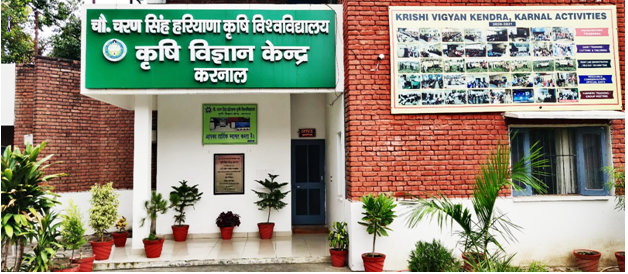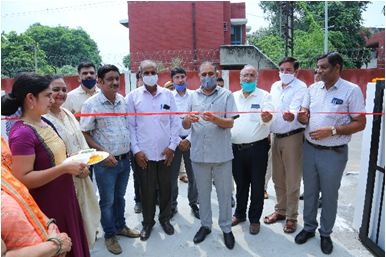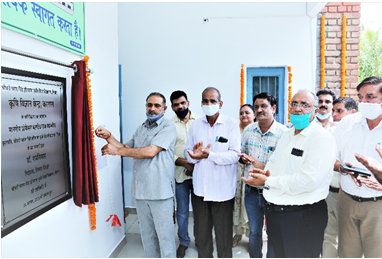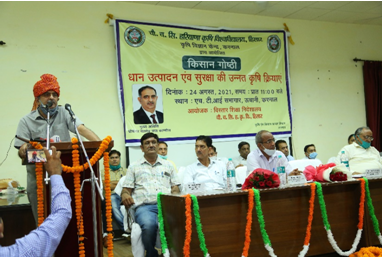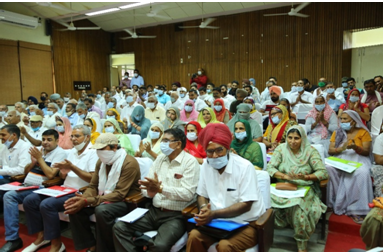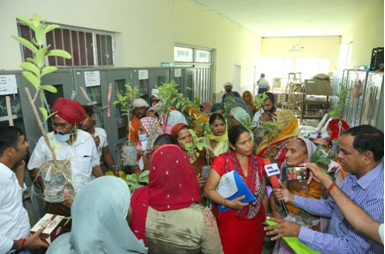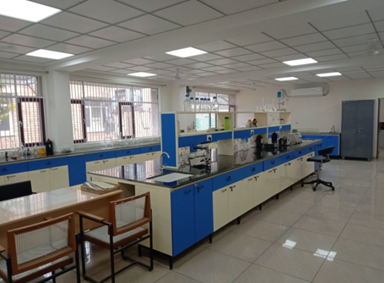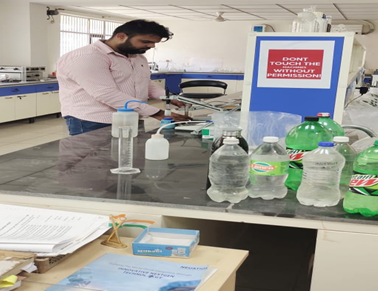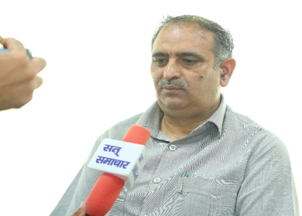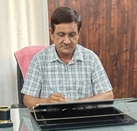 | Dr. Maha Singh Jaglan Sr. Coordinator (Additional Charge) |
Krishi Vigyan Kendra was established in 1966 and was under Panjab Agricultural University, Ludhiana. As on 2nd February, 1970 Haryana Agricultural University came into existence, all the KVK’s in Haryana also came under the control of HAU, Hisar. At the time of establishment it was known by the name of Krishi Gyan Kendra and in 2002, its nomenclature was changed to Krishi Vigyan Kendra. The complex where KVK is located also have other farmer’s advisory services such as CCSHAU Regional Research Station, , Soil and Water testing lab, Regional Research Station of LUVAS, Horticulture Training Institute, District Horticulture Office, Seed testing laboratory and Engineering Unit, Government of Haryana. The approach to KVK is both from National Highway No. 1 and Yamunanagar Indri road; it is on walking distance from New Bus Stand, Karnal. Karnal has great historical importance since Mahabharata and its name after Daanveer King Karna. Karnal is a hub of agricultural research institutes such as IARI Regional Research Centre, Indian Institute of Wheat and Barley Research, National Diary Research Institute, CSSRI, so the farmers of this district are very innovative and progressive and adopting latest technology of farming. The topography of Karnal district is plain and well irrigated through tube wells and canals. Farmers cultivate generally Paddy, Wheat, Sugarcane, Vegetables and Fruit crops. Karnal district is well known for cultivation of basmati rice which is exported to other countries by its trademark Taraori Basmati. Krishi Vigyan Kendra, Karnal is also providing advisory services to the farmers of Haryana and other states through its toll free no. 18001803111.
The activities of the KVK include technology assessment, refinement and transfer, aiming to bridge the gap between the technology developed at the research institutions and its adoption at the field level by the farmers through demonstration of technology/ products etc. and training of farmers, rural youths and extension personnel. The concept of technology assessment and refinement is based on participatory mode ensuring greater scientists-farmer linkage and access to agricultural technologies generated by research systems to the farming community. For this, the role of KVKs is of immense importance for overall agricultural and rural development through its various research and technology transfer mechanisms.
| # | Image | Name | Designation | Specialization | Details |
|---|
